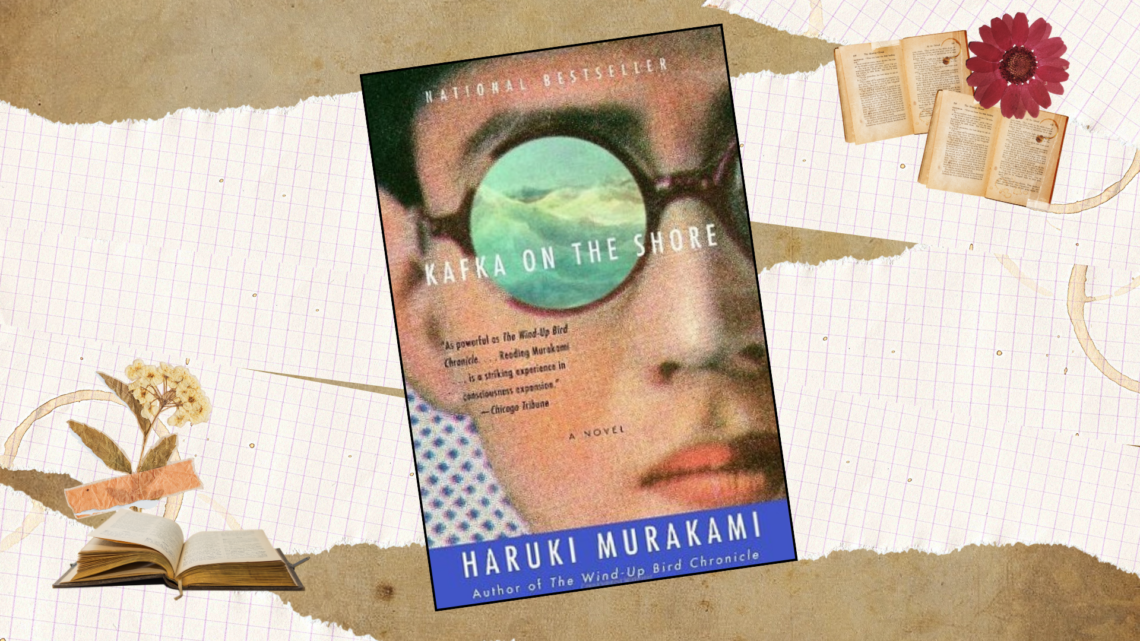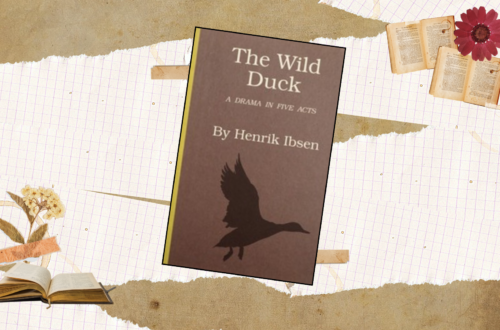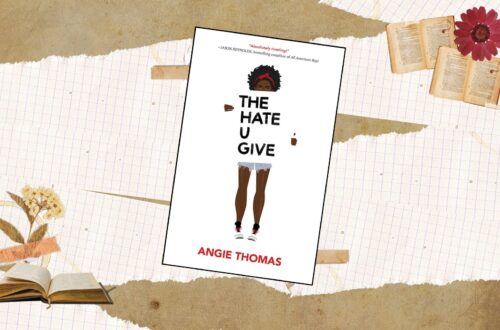“Sometimes fate is like a small sandstorm that keeps changing directions. You change direction but the sandstorm chases you. You turn again, but the storm adjusts. Over and over you play this out, like some ominous dance with death just before dawn. Why? Because this storm isn’t something that blew in from far away, something that has nothing to do with you. This storm is you. Something inside of you.”
Haruki Murakami
Kafka on the Shore was my first ever Murakami read. I admit that much of my interest in this book came from the controversy surrounding it: people either loved it or hated it, especially with its themes of incest. Of course, not being used to Murakami’s ambiguous, surrealist style of writing, being thrust into such a controversial theme so early on in the book did put me off quite a bit. But god, am I glad that I finished it; it isn’t anything like I’ve read before.
The whole novel is one giant fever dream, one that follows two intertwining plotlines: Kafka, who runs away from home in order to attempt his “Oedipial” omen, and Nataka, who, after a supernatural incident, becomes retarded but gains the ability to communicate with cats. These plotlines deal with the search for identity while adding a touch of the supernatural, from ancient forest guards to talking cats. While they may seem random, everything clicks together when you read them. Not completely, but something behind your head—the switch you get when you finally get that satisfying scratch you never knew you had.
This book is just a fantastic, spooling dance; you never know what’ll come next, but everything falls into a certain satisfying rhythm that Murakami somehow intertwines in a way that makes it feel necessary. Removing even a piece of this work would undo it immediately; the clarity and offbeat surreality that everything contributes are masterful and breathtaking. While the plot eventually comes together, there is still something left unsaid—something that the reader will have to grasp for themselves. In other words, this book is what you make of it, and it was because of this property that I enjoyed it as much as I did. This book is just one giant metaphor.
~5 stars.




